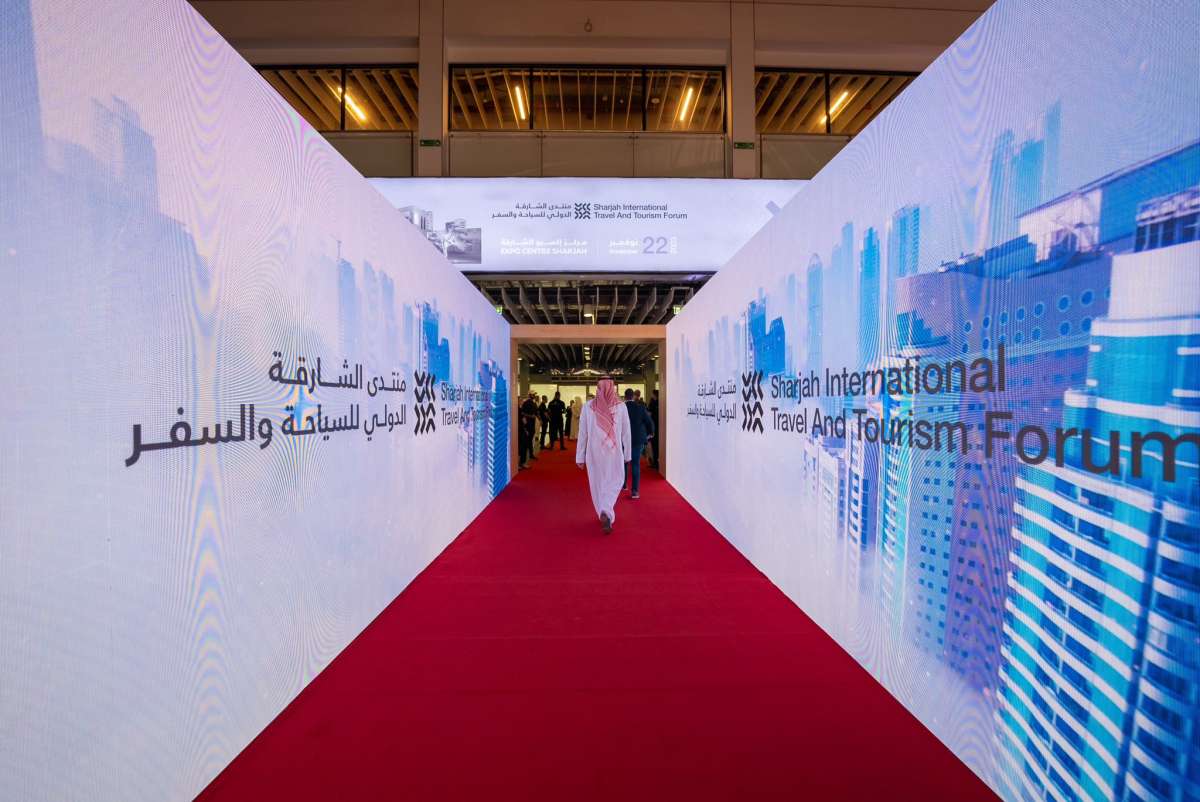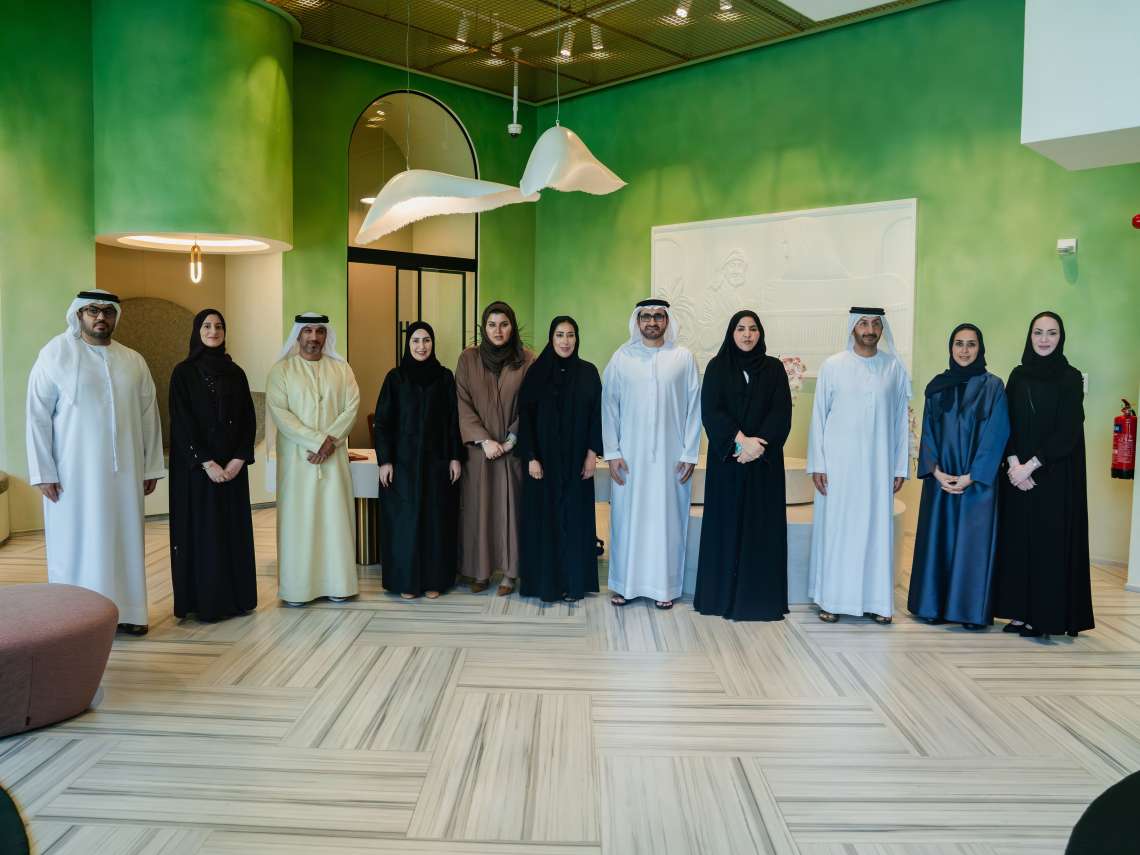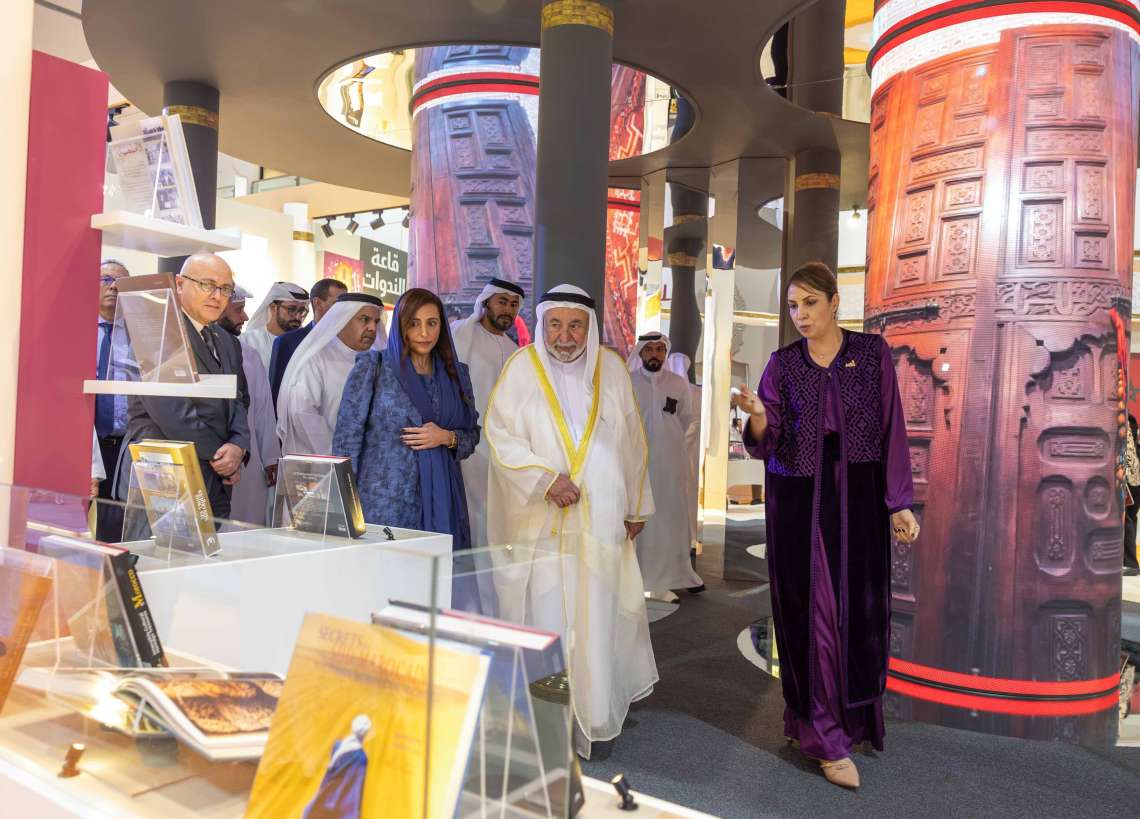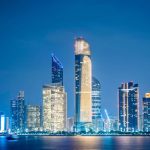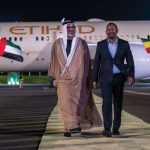Organised by the Sharjah Commerce and Tourism Development Authority (SCTDA), the 10th edition of the daylong forum carried the theme “Sustainable Tourism: The Way to Improvement”….reports Asian Lite News
UAE’s senior officials and global industry experts attending the Sharjah International Travel and Tourism Forum (SITTF 2023), held a dynamic exploration of crucial topics in the field of sustainable tourism on Wednesday.
Organised by the Sharjah Commerce and Tourism Development Authority (SCTDA), the 10th edition of the daylong forum carried the theme “Sustainable Tourism: The Way to Improvement”.
In a keynote presentation, Ahmed Obaid Al Qaseer, the CEO of the Sharjah Investment and Development Authority (Shurooq), said, “We are in the business of selling experiences, not rooms. Experiences that are unique and authentic. We want tourists to seek out the rich Emirati heritage. One of the largest and most important heritage areas in the UAE is part of Shurooq’s tourism offerings, where one can experience the old alleyways, souks and the home of the nation’s first settlers.
“The key is to repurpose,” he further noted while sharing details about new projects being developed in Sharjah, particularly in Khorfakkan and archaeologically important hubs like Mleiha.”
The forum continued with an engaging panel discussion on sustainability practices, themed ‘Innovate for Impact, Collaborate for Change’ and moderated by media professional Youssef Abdulbari.
Al Qaseer was joined by Dr Nawal Al Hosany, Acting Assistant Under-Secretary for Green Development and Climate Change at the UAE’s Ministry of Climate Change and the Environment, Permanent Representative of UAE IRENA, as the panel delved into the innovative strategies essential for making a lasting impact on sustainable tourism.
“There are a lot of interpretations [for sustainable tourism] but there should be a clear strategy first, and we can start small and gradually. We have adventure, heritage, and archeological tourism under the umbrella of sustainable tourism but through all of it our eventual goal is to achieve a circular economy involving and developing the local community,” Al Qaseer said while elaborating how Khorfakkan, for example, has developed into a bustling hub attracting not just international business chains, but also local communities willing to invest.
The panellists explored groundbreaking initiatives, shared success stories, and discussed the collaborative efforts needed to drive positive change in the industry.
Sharing her insights, Dr. Nawal highlighted the growing awareness of sustainability and environmental practices, noting a simultaneous increase in the demand for their adoption. She underscored four crucial sustainability criteria: contributing to economic development, addressing environmental impact, achieving positive cultural influence, and fostering positive social impact.
Al Hosany observed a shift in tourist preferences, stating, “Today, tourists seek a rich and detailed experience, not just a visit. There is a rising interest in leaving a positive impact on the environment, known as responsible tourism, contributing to a transformation in the traditional concept of tourism.”
She added, “The UAE has consistently led in adopting renewable energy, boasting world-record solar power stations with the lowest global costs. The nation continues steadfast efforts in this regard.”
The forum’s momentum continued with a thought-provoking second panel, focusing on ‘Strategies for Sustainable Travel and Tourism’. Iftikhar Hamdani, Koko Tang and Paul Bridger delved into comprehensive strategies aimed at fostering sustainability throughout the travel and tourism ecosystem in this engaging session moderated by destination advisor and tourism expert, Doug Lansky.
Stressing on the need for a ‘holistic approach’, Tang – who sits on the board of Global Sustainable Tourism Council (GSTC) – said, “That’s why we need certification standards and certification bodies, who will act as independent, third party educators, helping industry stakeholders track, report and monitor data collection. How we do it is very important as well. And when this data lets you see, for example, how many plastic bottles you have not recycled every year, you will be pushed to revisit the sustainability issues. I think a holistic approach and also a disclosure monitor will be a very good starting point for hotels and industries to adopt.”
GSTC is a global body that establishes and manages global standards for sustainable travel and tourism, known as the GSTC Criteria by assessing data collected from hotels worldwide. The GSTC Criteria form the foundation Accreditation for Certification Bodies that certify hotels, accommodations and other industry stakeholders for having sustainable policies and practices in place.
“This year, we took on single use plastic. Now you would say this was a simple exercise, but it took us six months to implement it – from finding the right models to training the team as we went from how much money would this cost us to actually doing it,” said Paul Bridger, COO of Rove Hotels while explaining how he collaborated with a “planet-friendly water company” to replace single-use plastic bottles with refillable glass water bottles throughout the group’s hotels – an initiative through which the UAE-based hotel chain expects to eliminate approximately 2 million plastic bottles annually across its properties.
Talking about embracing a ‘culture of sustainability’, Hamdani, the Area General Manager, HMH Hotel Group, said, “Mindset alone doesn’t work. It has to translate into a continuous actionable process. It’s important that we collectively work as individuals, corporations and government entities together to achieve real results. Sustainable tourism can never be the product of efforts put by one hotel.”
Hamdani has led the ‘reduce, reuse and recycle’ principle since 2012, having pioneered the composting and zero landfill project in Ajman in 2012 – a waste management system to zero waste disposals into the landfill.
The discussions ranged from policy frameworks to community engagement, highlighting the multifaceted nature of sustainable travel strategies. Panellists emphasised the need for a holistic approach, taking into account environmental, social and economic factors to create a well-rounded and truly sustainable tourism experience.
Koko Tang provided a global perspective on the imperative need for sustainable practices in the tourism industry as part of her presentation on “Sustainable Tourism – A Way Out for Improvements.” In the second presentation, “Re-Thinking Tourism”, destination advisor and tourism expert Doug Lansky challenged conventional notions, urging the audience to adopt innovative approaches towards a more sustainable and responsible tourism sector.
In the day’s last presentation, Karim El Marmari – Marketing Manager, Sharjah Commerce Tourism Development Authority, introduced “Sustain Sharjah Initiative: Start your Sustainable Journey,” outlining the authority’s commitment to sustainability and encouraging individuals and businesses to embark on their sustainable tourism journey.
The forum also featured two workshops. Dinesh Dehal, Group Director of Human Resources at Sharjah National Hotels, led a workshop titled ‘Destination Recharge,’ where he discussed the advantages of embracing environmentally friendly solutions that contribute to the overall sustainability of the tourism sector and the local economy, such as electric vehicles (EVs).
In the second workshop titled ‘Journey Beyond Expectations,’ targeting businesses in the tourism sector, Dehal emphasised that, at the current stage, businesses should adopt an explorer mindset to expand their reach and thrive, stressing the importance of creating unique travel itineraries by understanding customer needs, suggesting activities, and tailoring experiences to make them distinctive.


